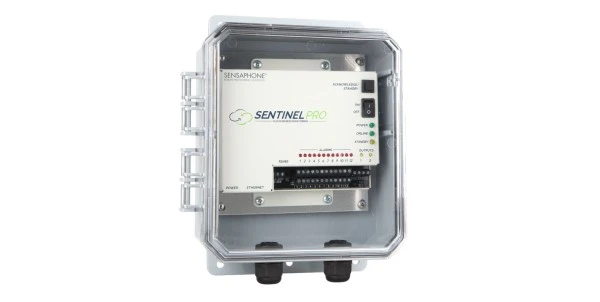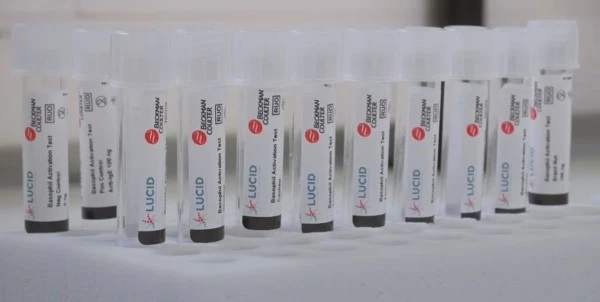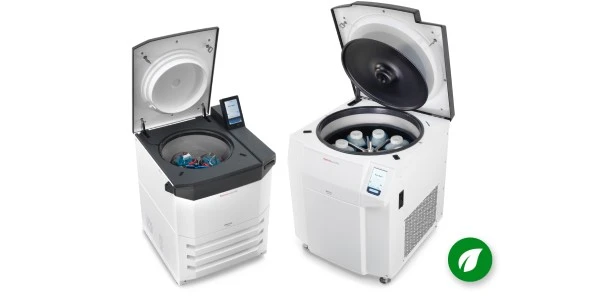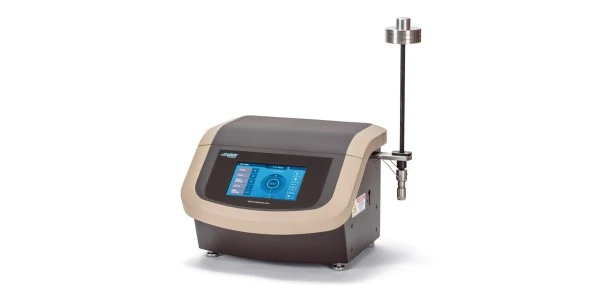Understanding Rotary Evaporators and Their Importance

Understanding Rotary Evaporators and Their Importance
Rotary evaporators, often referred to as "rotavaps," are essential tools in modern laboratories. They are used primarily for the efficient and gentle removal of solvents from samples by evaporation. This article will explore what rotary evaporators are, why they are indispensable in lab environments, the different types available, and the key features and benefits of each type.
What Are Rotary Evaporators and Why Are They Essential?
Rotary evaporators are devices used to remove solvents from samples through the process of evaporation. They are commonly employed in chemical, pharmaceutical, and biochemical laboratories. The primary components of a rotary evaporator include a motor unit that rotates the evaporation flask, a vacuum system to reduce the pressure, a heated fluid bath to heat the sample, and a condenser with a collecting flask to capture the distilled solvent.
The essential nature of rotary evaporators in laboratory environments can be attributed to their ability to:
- Efficient Solvent Removal: Rotary evaporators provide a fast and effective means to remove solvents from a sample, which is crucial in various analytical and preparative processes.
- Gentle Processing: The reduced pressure and controlled temperature conditions minimize the risk of degrading sensitive compounds, making rotary evaporators ideal for handling delicate samples.
- Versatility: They can be used for a wide range of applications, including concentration, drying, and solvent purification, making them a versatile piece of equipment in any lab.
The Different Types of Rotary Evaporators and Their Key Features
There are several types of rotary evaporators available, each designed to meet specific laboratory needs. Below, we explore the key features and benefits of each type to help you choose the best rotary evaporator for your specific requirements:
Standard Rotary Evaporators:
- Features: These are the most common type, featuring basic controls such as variable speed control, a standard glassware setup, and a manual lift system.
- Benefits: They are cost-effective and suitable for routine solvent removal tasks. Their simplicity makes them easy to use and maintain, making them ideal for general-purpose applications in many labs.
Advanced Rotary Evaporators:
- Features: These models come with enhanced features, including digital displays for precise control, automated lift systems for ease of operation, and advanced vacuum regulation for improved accuracy.
- Benefits: Advanced rotary evaporators offer higher precision and control, making them suitable for complex or delicate applications. They are user-friendly, which can improve efficiency and consistency in the laboratory.
Large-Scale Rotary Evaporators:
- Features: Designed for industrial or large-scale laboratory applications, these evaporators have larger flask capacities, industrial-grade components, and enhanced cooling systems to manage high solvent volumes efficiently.
- Benefits: They are capable of handling large volumes, which increases productivity and efficiency in industrial settings. Their robust and durable construction ensures longevity and reliability in demanding applications.
Vertical Condenser Rotary Evaporators:
- Features: These units are designed with a vertical condenser to save space and improve cooling efficiency. They are compact and can fit into smaller laboratory setups.
- Benefits: Ideal for labs with limited space or height restrictions, vertical condenser rotary evaporators offer efficient solvent recovery while maintaining a small footprint, making them a practical choice for many laboratory environments.
Diagonal Condenser Rotary Evaporators:
- Features: Featuring a diagonally positioned condenser, these models are versatile and easy to use. They are simple to assemble and disassemble, making them convenient for a variety of applications.
- Benefits: The diagonal design allows for flexible usage in different setups. Their ease of maintenance and operation makes them a popular choice for labs that require versatility and reliability in their solvent removal processes.
Summary
Rotary evaporators are indispensable tools in laboratories due to their efficiency, versatility, and ability to handle delicate samples with care. Understanding the different types of rotary evaporators and their respective features and benefits is crucial in selecting the right equipment for your lab. Whether you are performing routine solvent removal or working on complex, large-scale applications, there is a rotary evaporator suited to your needs.
Choosing the right type and model not only enhances laboratory productivity but also ensures the integrity of your samples, helping you achieve reliable and consistent results.










